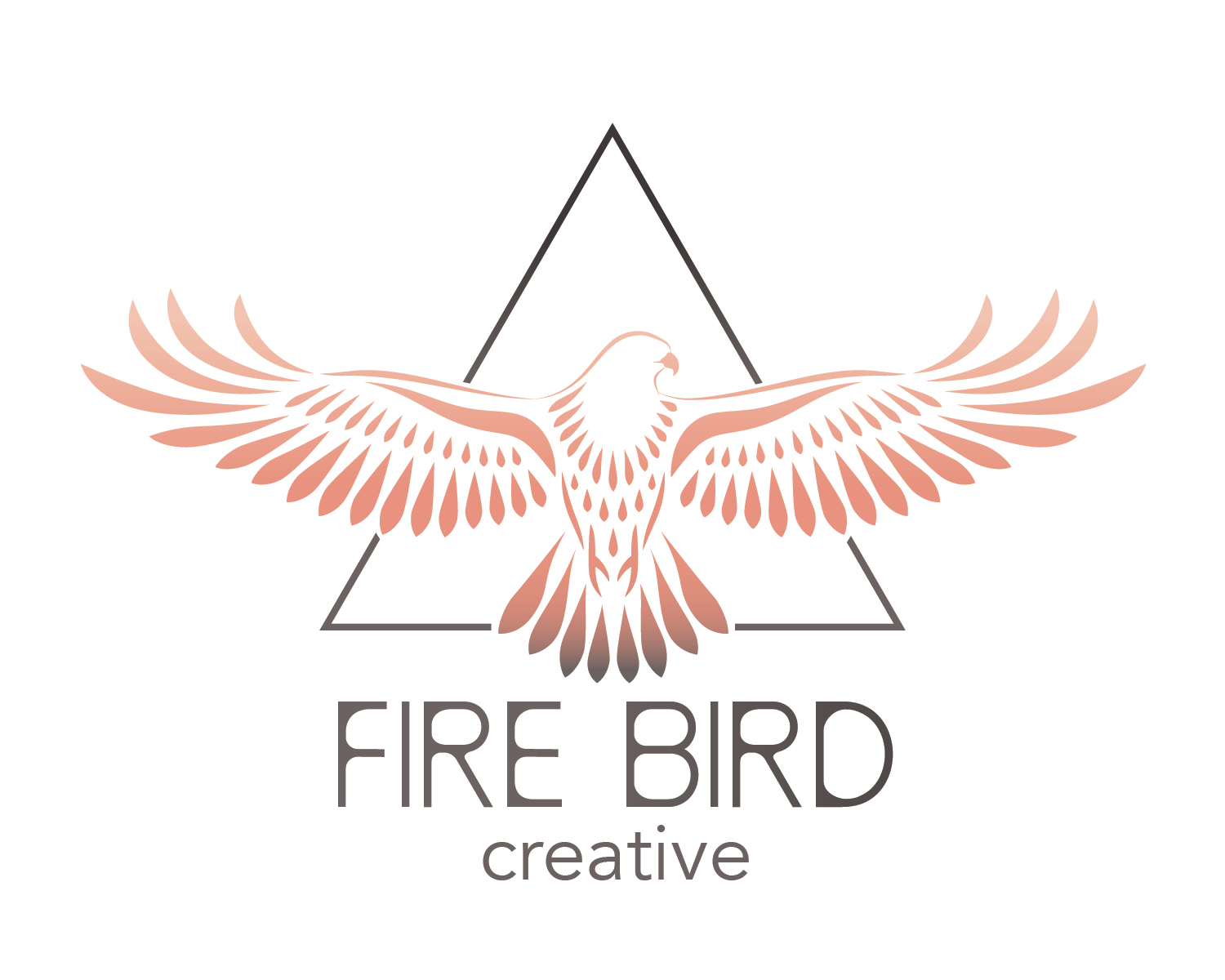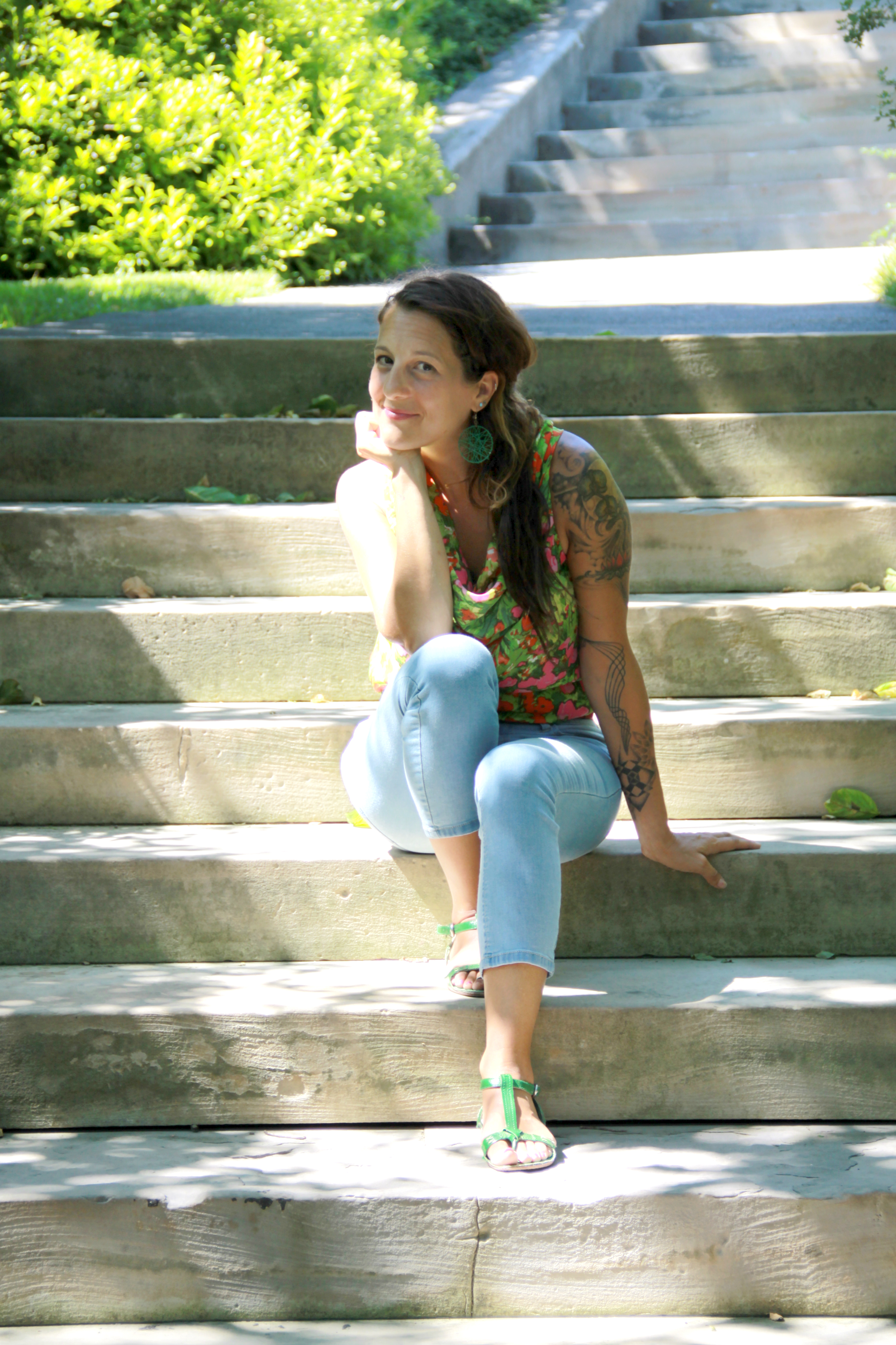Your heart is racing, you’re sweating, it’s difficult to breathe, your limbs are numb and sharp pains are shooting through your chest. A horrifying sense of dread takes over and you’re certain you’re going to die.
You’re not having a heart attack. You’re having a panic attack. A terrifying, uncomfortable, and often embarrassing experience.
Panic attacks seem to come out of nowhere, making it impossible to predict when the next one will occur. Once it’s happened, the fear of it happening again becomes overwhelming. You’re anxious about being anxious.
When you notice panic rising, fear and self consciousness make the situation even worse. Your brain reacts to the perceived threat by producing more adrenaline, preparing your body to run or fight. Your breath becomes shallow, making you feel lightheaded and dizzy. You worry about what’s going to happen.
Focusing on the fear and panicking about the panic prolongs the experience. The best defense against a panic attack is the very thing that created it in the first place—your mind. You believe the anxiety controls you but in truth, you have control over the anxiety.
To truly stay on top of it, it’s best to cultivate self awareness at any time, not only when in distress. Pay attention to how your body feels. Bring your attention to it throughout the day. Do the same with your emotions. Notice how you feel. Cuing into your physical sensations, your emotions, and your thoughts in this way will enable you to recognize when something is off. You’ll be able to tend to your needs before things get out of control.
Self awareness will also help you figure out what lies at the root of your anxiety. Paying close attention helps you notice triggers and patterns, which may clue you in to the deeper problem. Because, the truth is, anxiety doesn’t come out of nowhere. Unprocessed trauma, overwhelming stress, poor sleep habits, substances (including certain prescription drugs), hormonal imbalances, diet and other factors may play a role.
Chronic anxiety has a detrimental affect on your body. Overproduction of hormones such as cortisol and adrenaline takes a toll on pretty much all of your body’s systems. You may experience frequent headaches, difficulty concentrating, immune deficiencies, high blood pressure and mood disruptions, among other things. Addressing anxiety is necessary not only to avoid embarrassment or discomfort in the moment, but also to maintain physical wellness.
To manage/reduce anxiety:
- Practice Mindfulness
- Exercise regularly
- Address your emotional needs
- Maintain healthy personal boundaries
- Eat a healthy diet
- Get enough sleep
- Spend time outdoors
- Avoid unhealthy substances
- Be creative
- Cultivate spirituality
- Seek professional help from your doctor and/or a mental health specialist
Activities such as running, yoga, massage, art, or acupuncture have helped many people recover from anxiety. Find what works best for you.
Ways to cope with a panic attack:
- Distract yourself
- Close your eyes
- Visualize a calm/happy scene
- Engage your senses and stay grounded in the present moment
- Remember that you control your mind, not the other way around
- Calm your breath
- Avoid focusing on fear
- Talk to someone you trust
- Ask for help
- Be alone
- Try muscle relaxation—focus on relaxing specific muscles
- Use aromatherapy—keep a calming scent on hand
- Try EFT Tapping
- Go for a walk
- Stroke your pet
- Sip tea
- Stare at the sky
- Repeat a comforting mantra/prayer
- Know that it will be over soon
It is possible to recover from anxiety and Panic Disorder. Hang in there. With self care and patience things will get better.
With Love & Compassion,
Adina Arden Cooper
I'm a lover, a guide and a supportive companion. An artist, an ally and an advocate. I help individuals connect more deeply with themselves and with others through shadow work. I believe that shared humanity is a powerful strength and that our stories connect us in beautiful and sacred ways. As I stumble, skip, or soar my way through this life, I invite you to join me on the journey. Likewise, I'm honored to travel with you. In witnessing one another, we find meaning.


